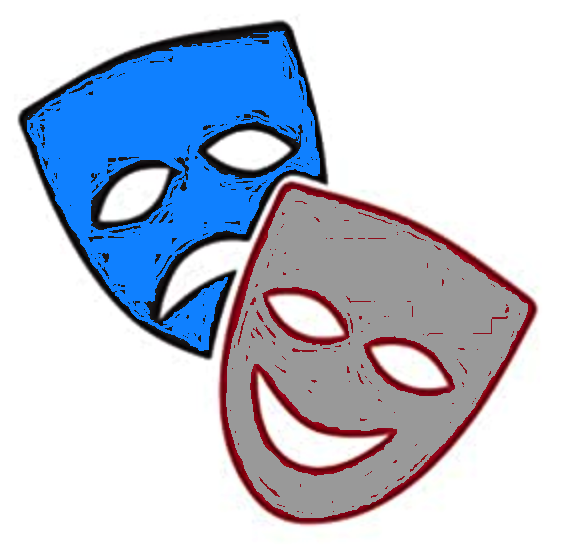For my Master’s Degree in Development Management at Open University, (the degree is, as of 2021, called Global Development) my last course was TU874 The Development Management Project, completed in October 2005. This final course involved my researching a development-related topic of my choice, and producing a 10,000 word paper as a result of this research. My research project was an investigation of what elements need to be in place before an organization produces a live, in-person performance, or series of performances, as a development tool, excluding performer training and theater techniques. The goal was to identify the systems and atmosphere that need to be cultivated in order to ensure the success of a TfD initiative and to tie these to the concepts taught in OU Development Management courses.
There are numerous organizations using theater techniques as part of their development activities, and there are also numerous initiatives, publications, web sites and individuals that promote and chronicle successes regarding live, in-person performance as an effective tool for development. Even in our current age saturated with multi-media and podcasts, live, in-person performance/TfD is a popular and effective tool for education, outreach and capacity-building regarding a variety of development issues, such as HIV/AIDS prevention, domestic violence, evolving gender roles, or good sanitation practices.
However, at least as of 2005, there was little information on what has to be in place before these techniques are used, excluding performer training, to better ensure that these techniques will be well-received by an audience/participants, and to better ensure that the desired outcomes will be generated. I saw a need for more information on how to cultivate support for and trust in such an initiative among staff at the lead agency, among partner organizations, and among those for whom the theater-for-development techniques will be used.
This project included a review of key literature on TfD, and semi-structured interviews with 12 TfD practitioners.
You can read online:
- the hypotheses I drafted and worked from in conducting my investigation
- the key TfD-related resources and TfD initiatives that helped significantly in my investigation
- my questionnaire design
- my key findings from my research
I know this is old research, but I still think it’s relevant, and I like to make sure people know it’s available.
Those of you who know me were all expecting me to do something regarding either volunteerism, specifically online volunteering or the vital role volunteers play in community technology initiatives, or mission-based organizations and technology, as that’s been the focus of my professional work for decades. Well… surprise!
Live, in-person theater has always been a love of mine: I was always involved in theater in some way during junior high, high school and then my undergrad at university, and for five years, I worked in public relations and marketing at various professional theaters, including the Tony-Award winning Hartford Stage and the internationally-acclaimed Williamstown Theater Festival. The power of theater to reach people fascinates me. There is nothing like it, no experience that matches it. Writing my Master’s Degree final project on a theater-related topic was my opportunity to get back in touch with something that started me off professionally, and something I believe in personally.
Also see my related blogs:
- What we will need for live theater to continue
- Delivering arts programming online & helping arts nonprofits survive COVID-19
- 17 year old successfully fundraises for a community theater project, learns lifetime lesson
- Community radio – we are in dire need of it
- Arts education is ESSENTIAL, not a nice extra
- Learning from a nonprofit’s failure

If you have benefited from this blog or other parts of my web site or my YouTube videos and would like to support the time that went into researching information, developing material, preparing articles, updating pages, etc. (I receive no funding for this work), here is how you can help.

